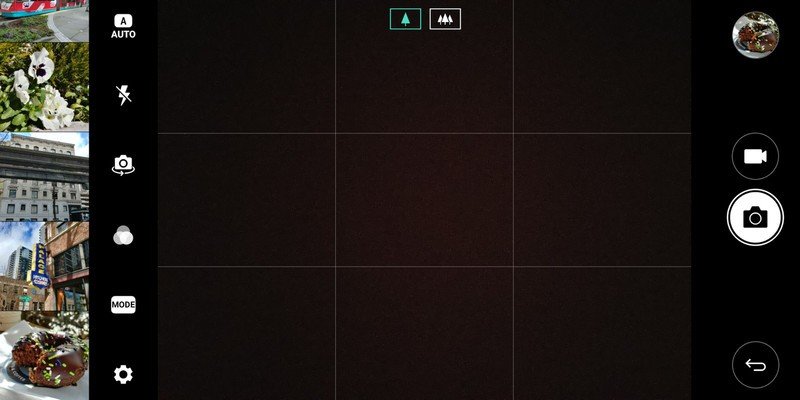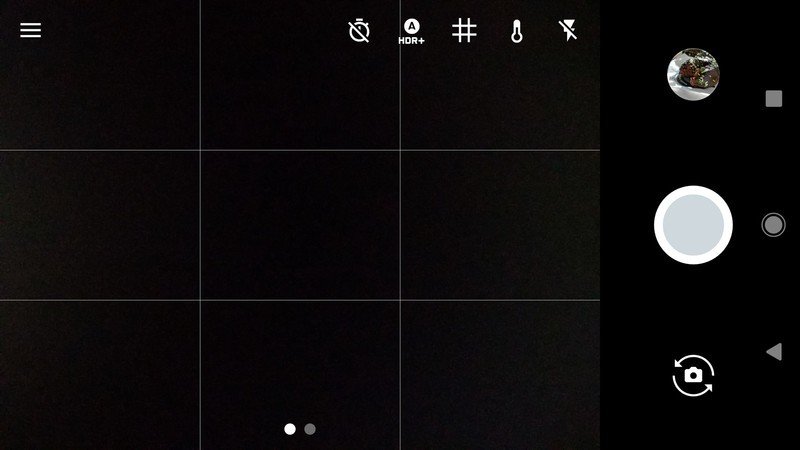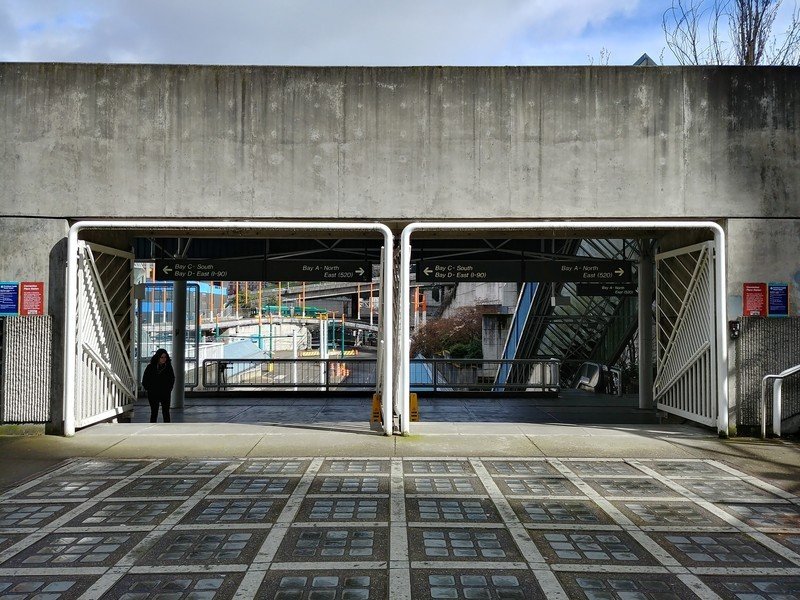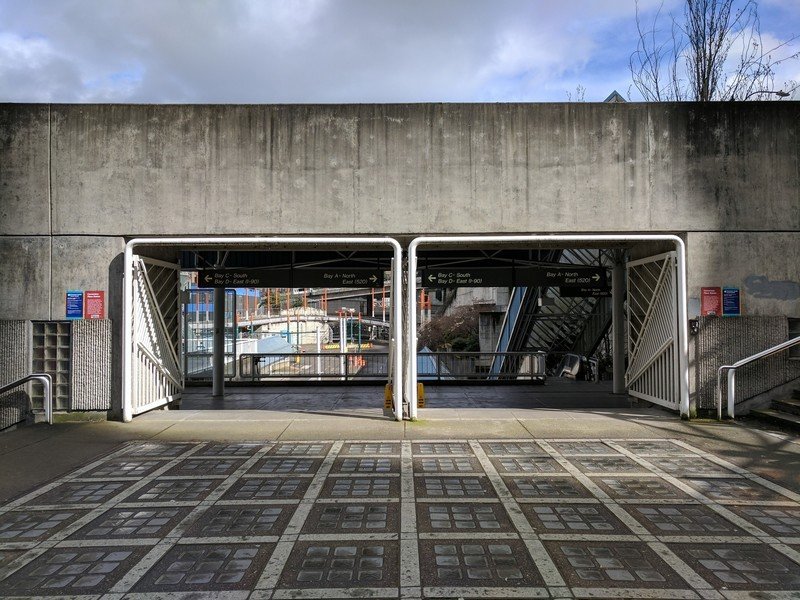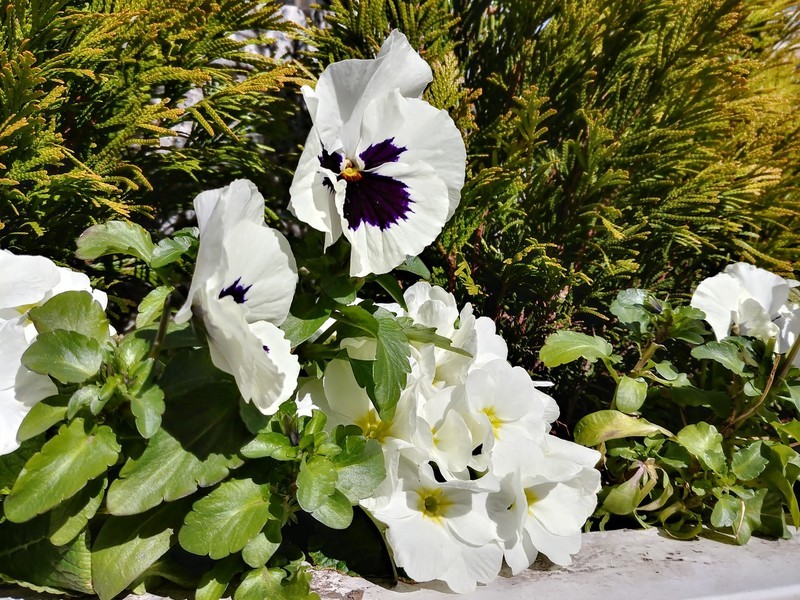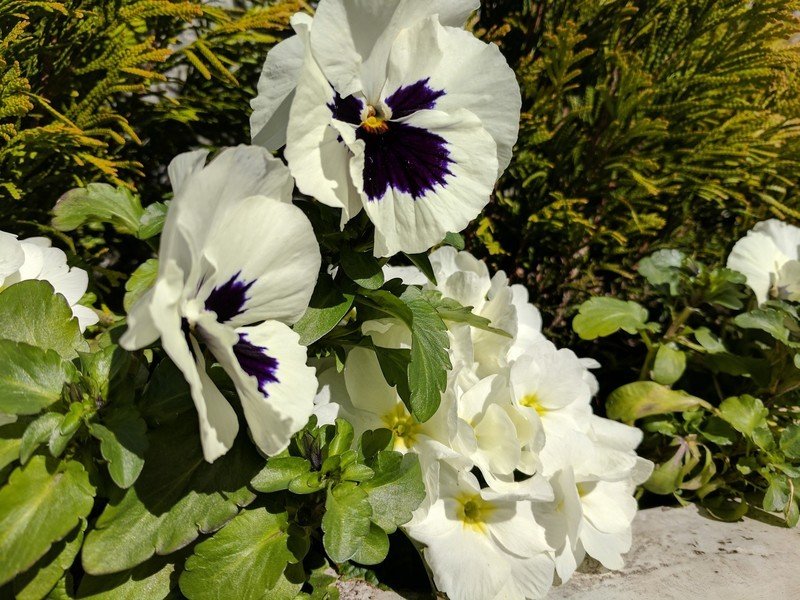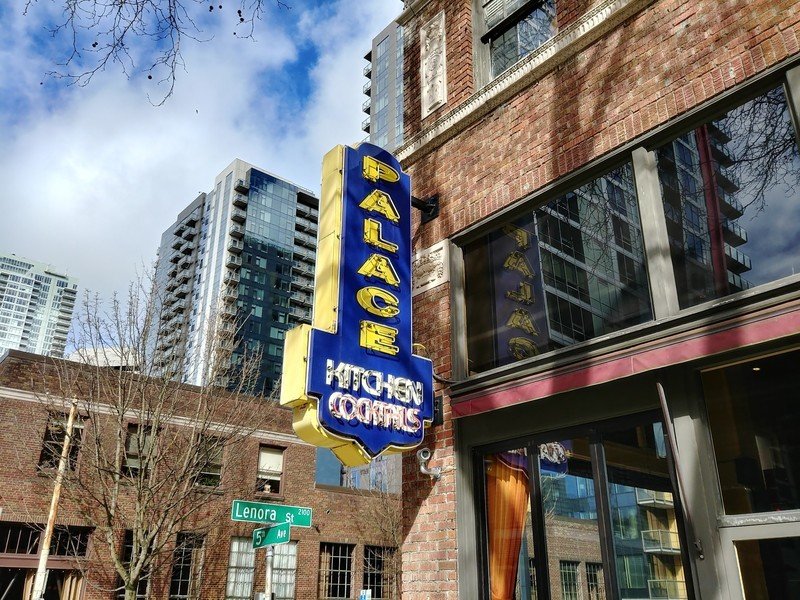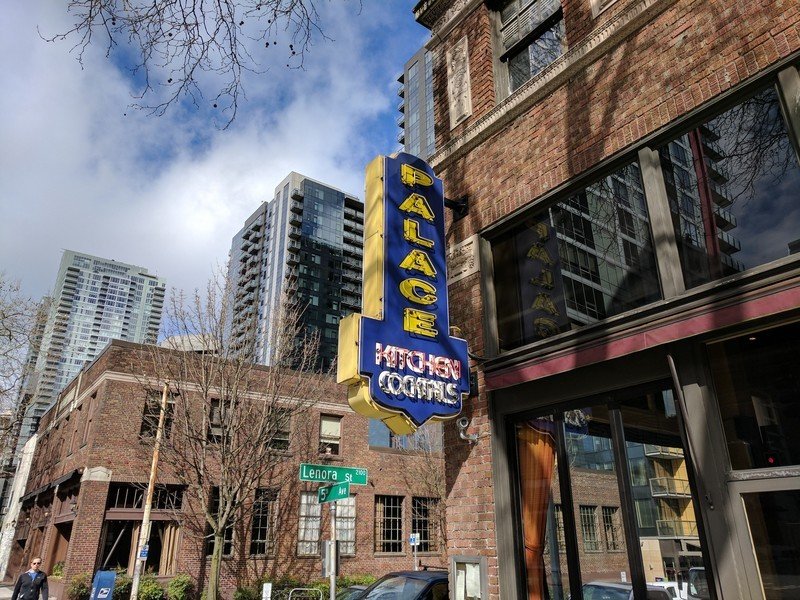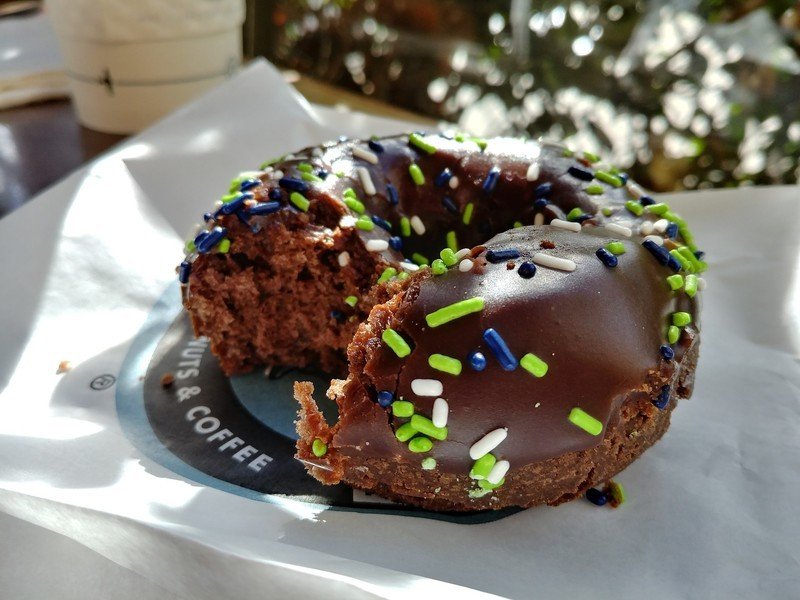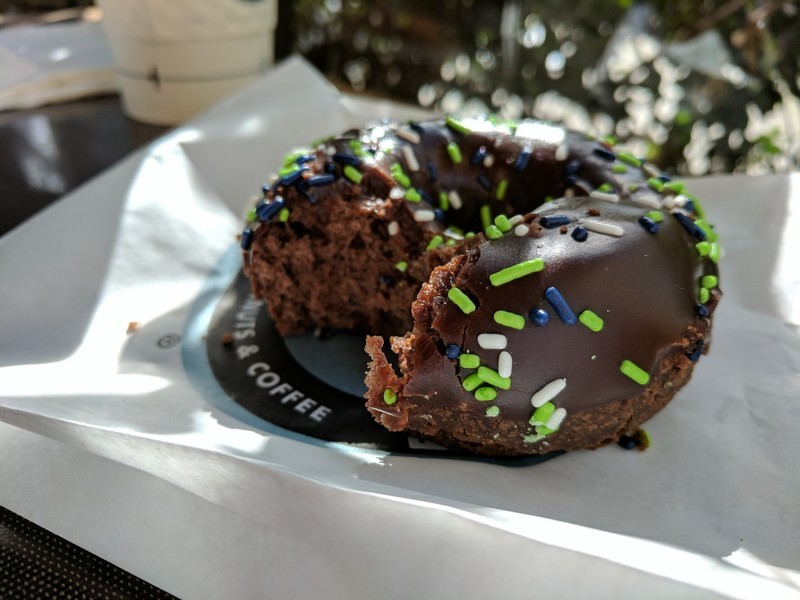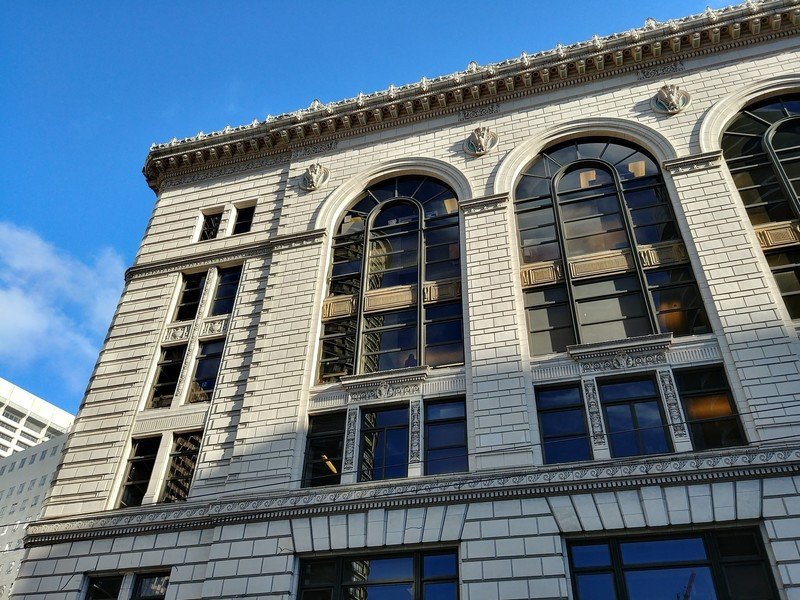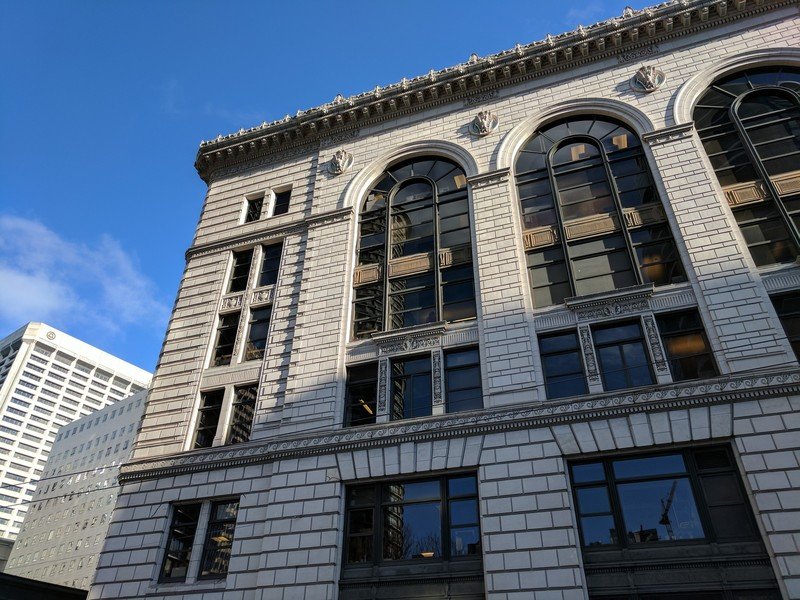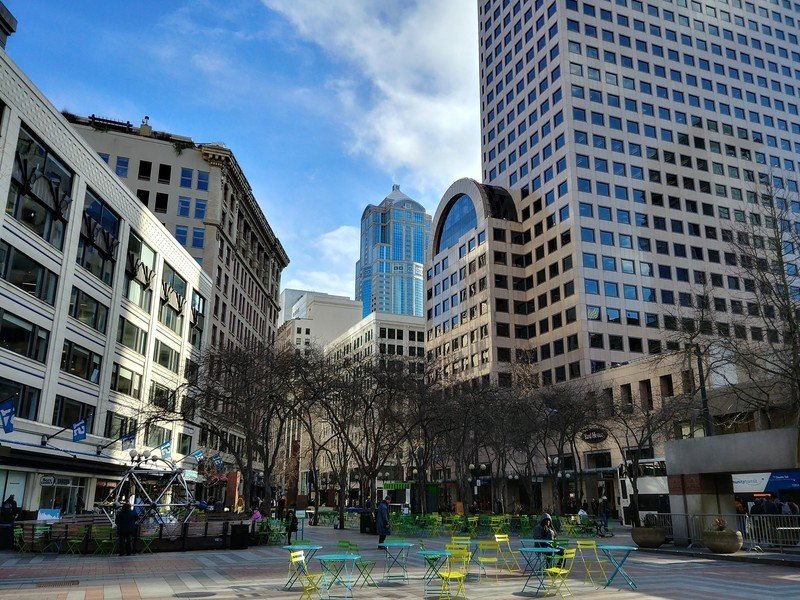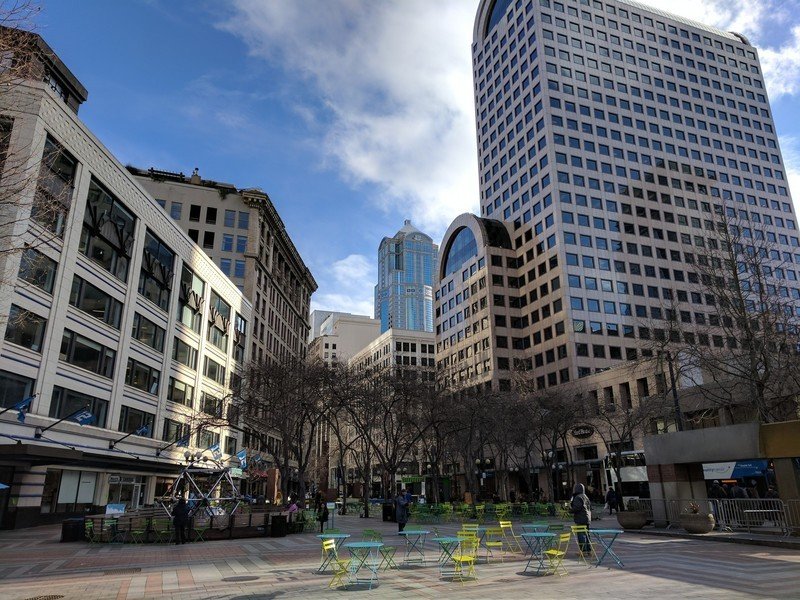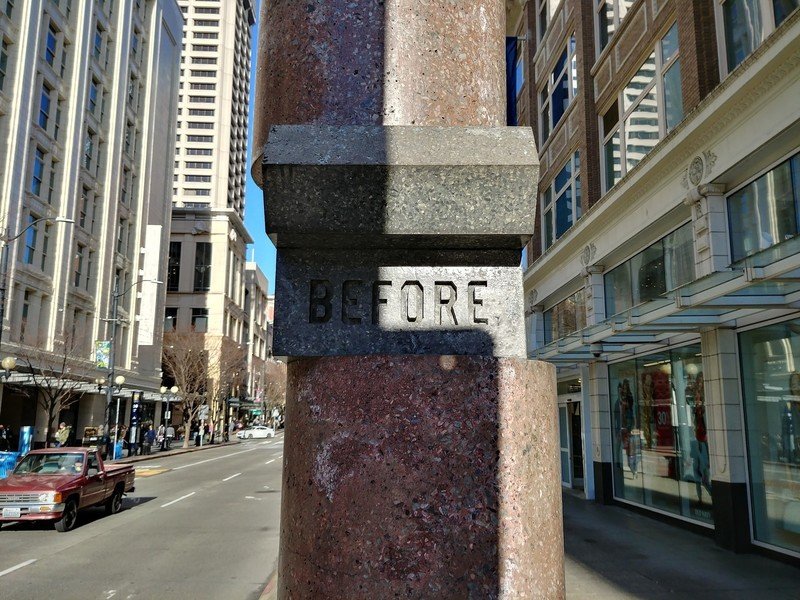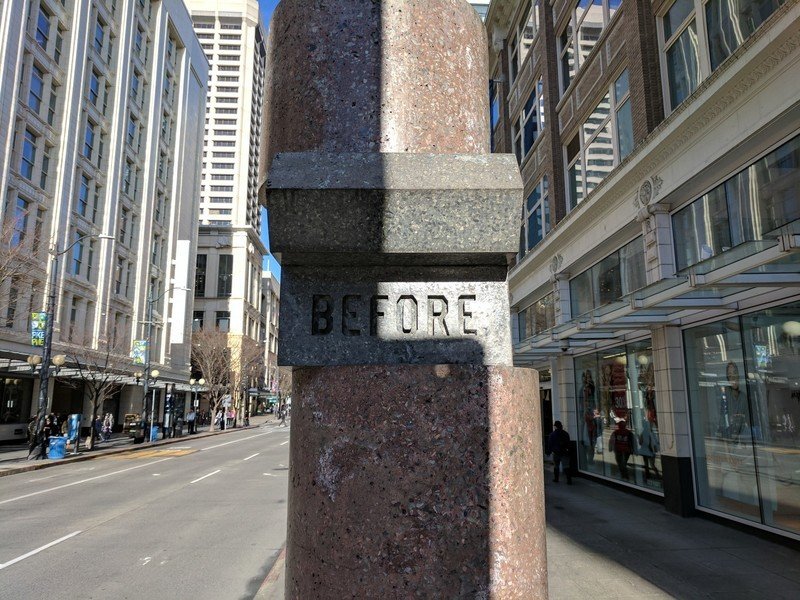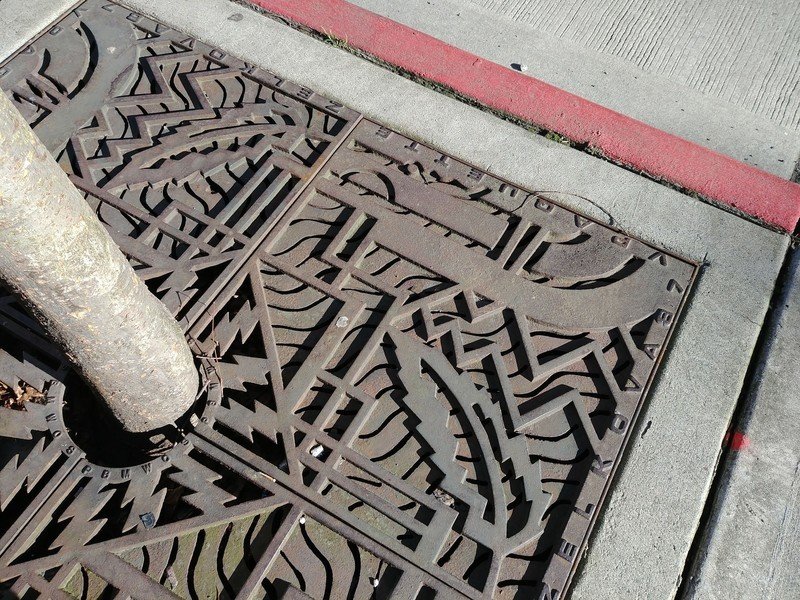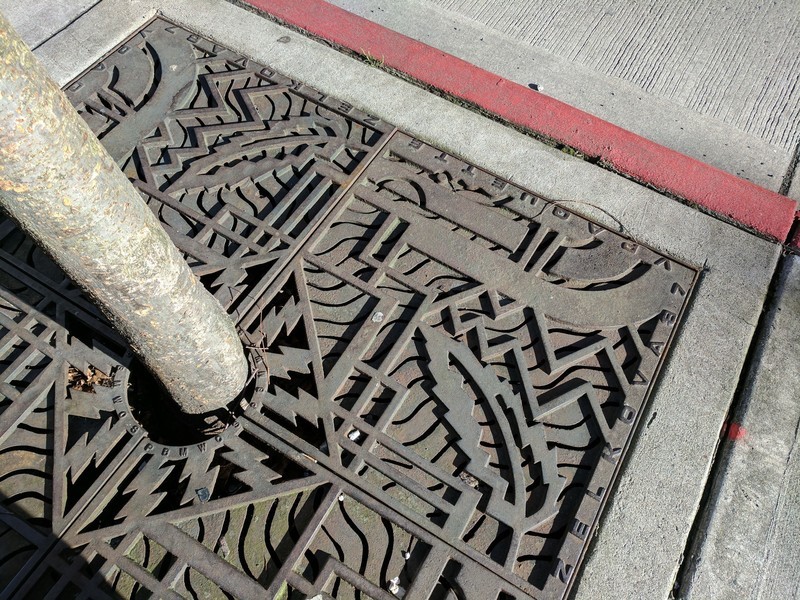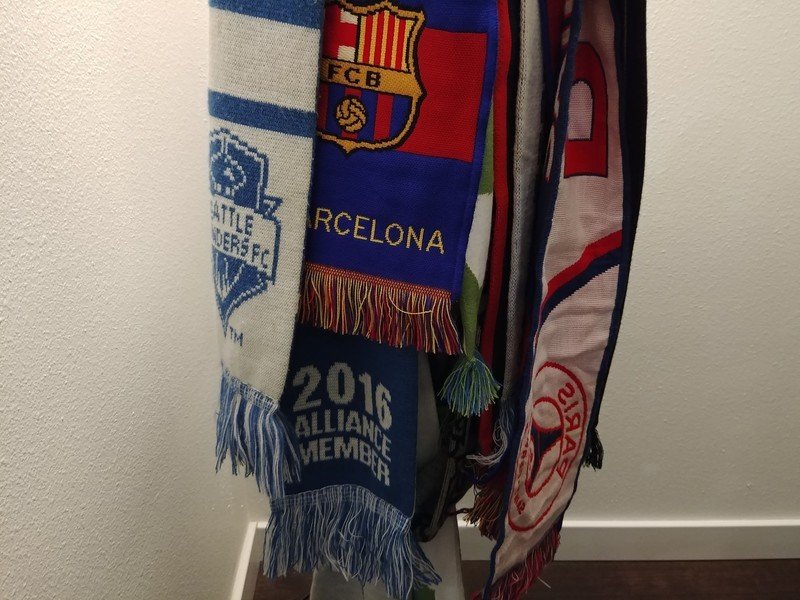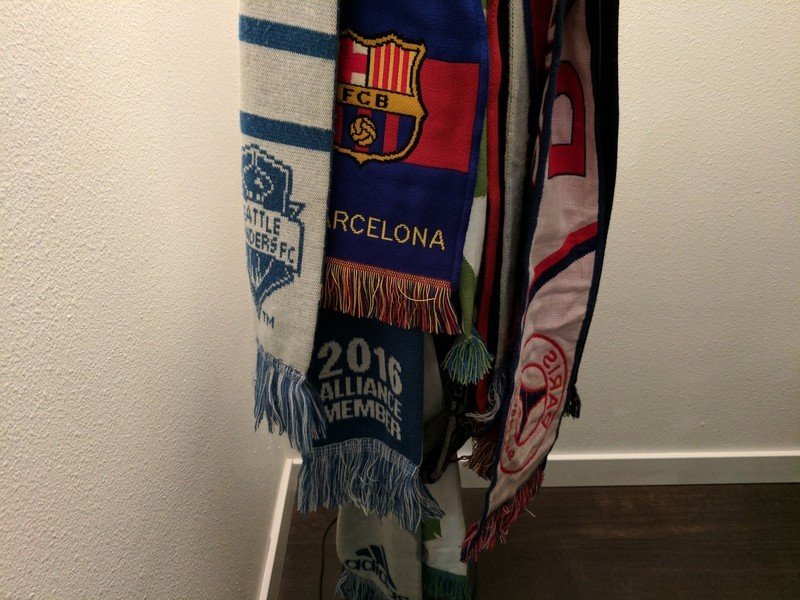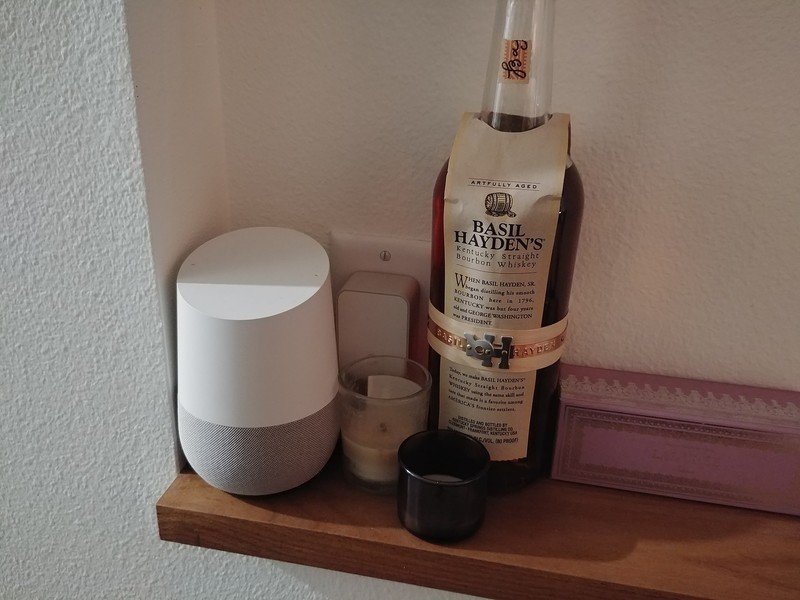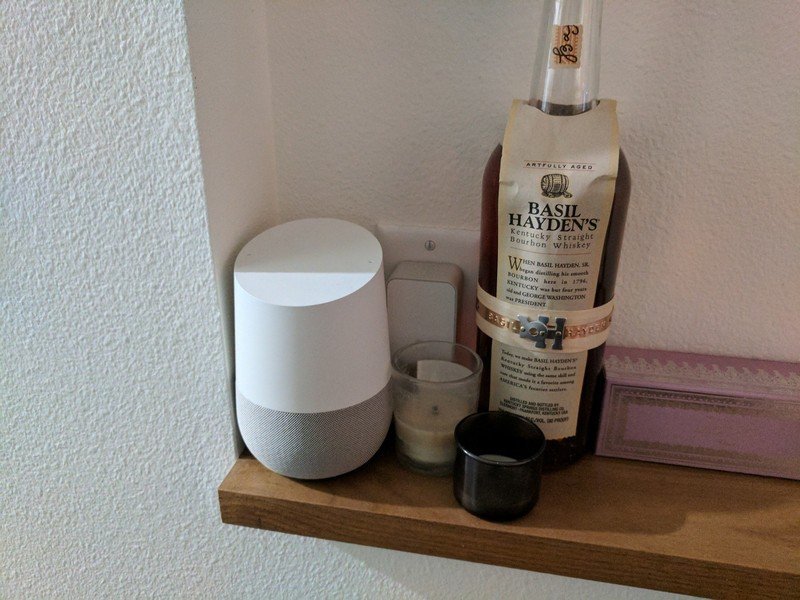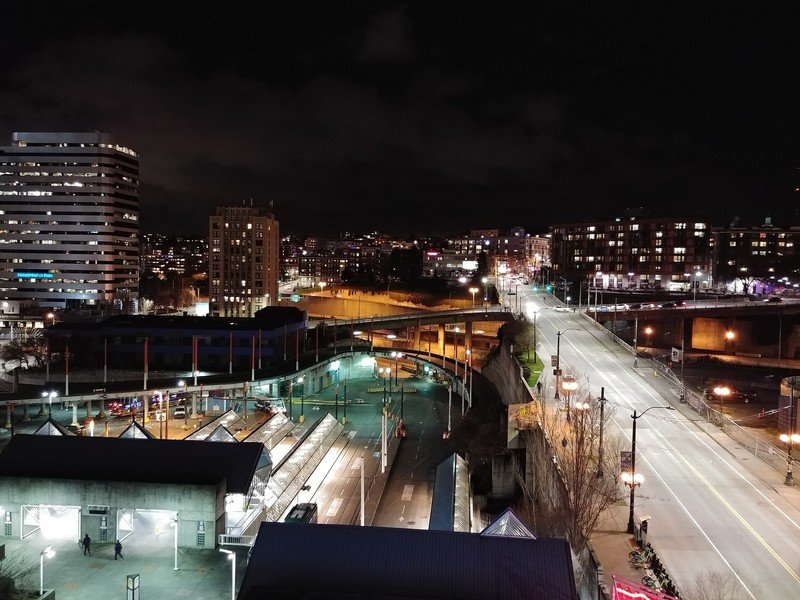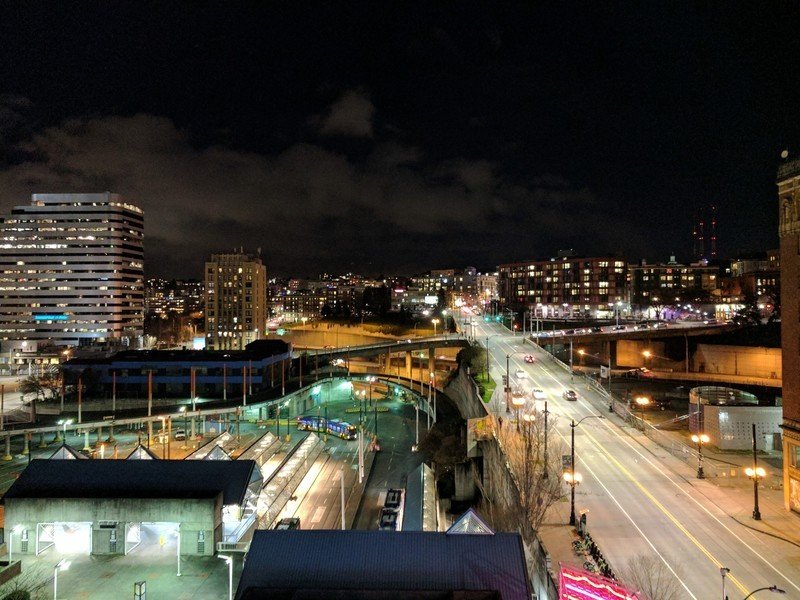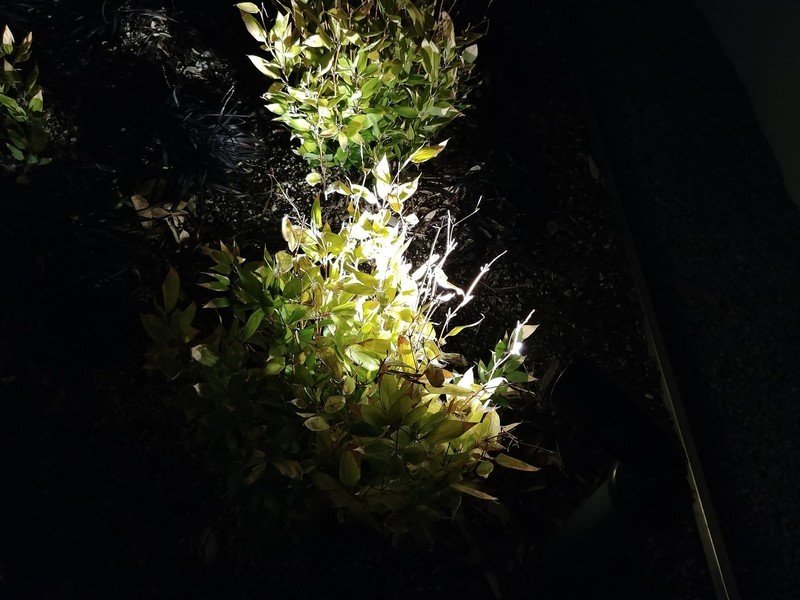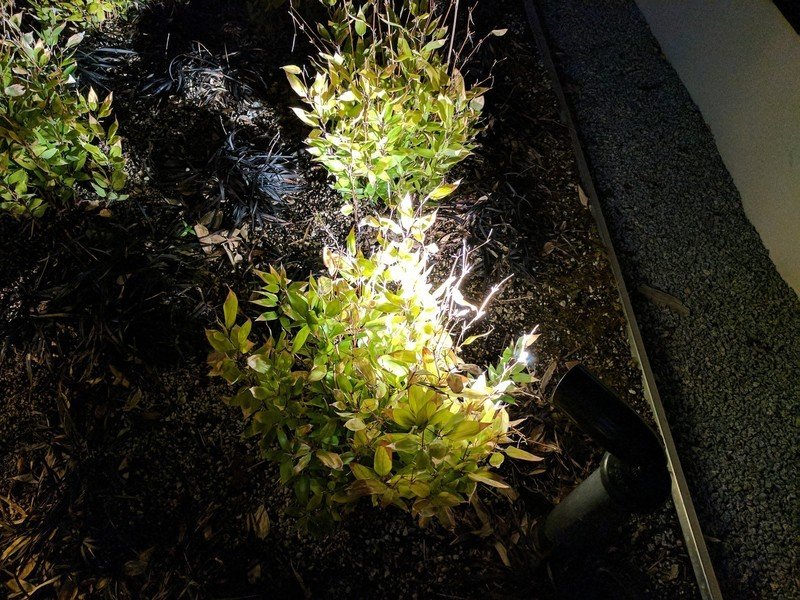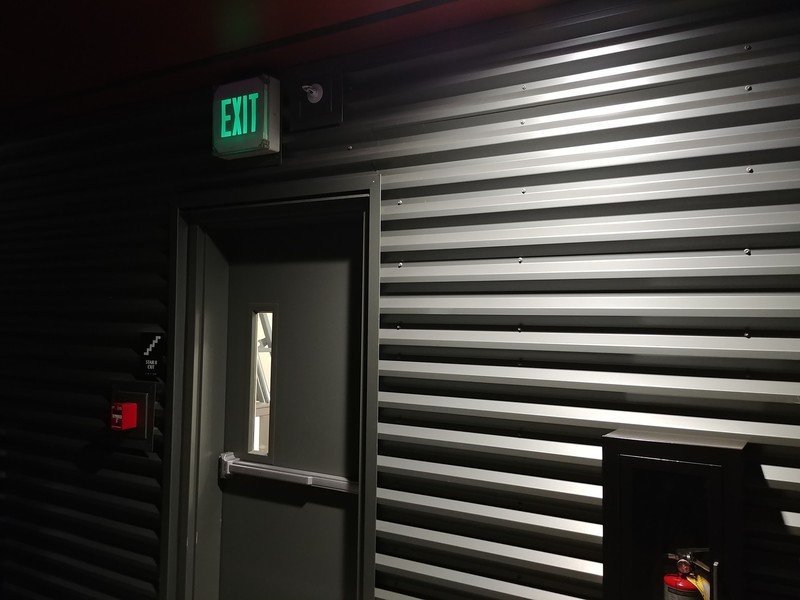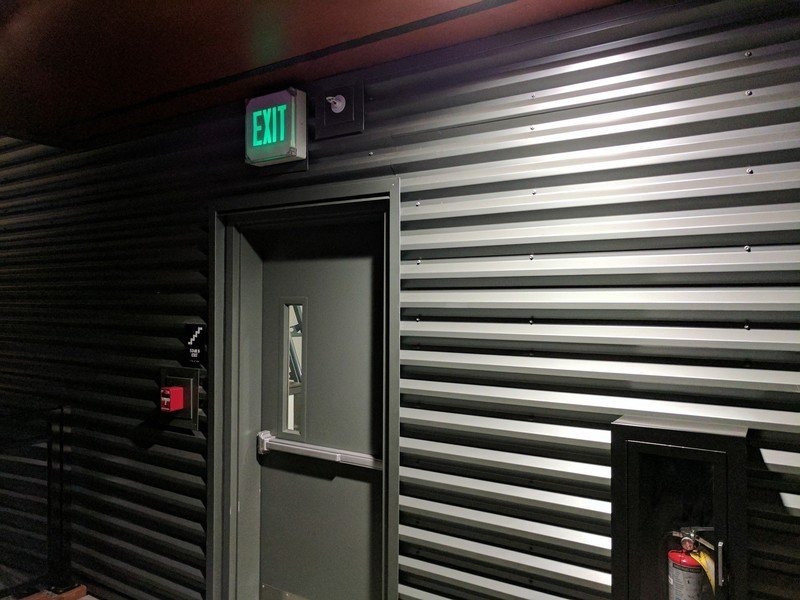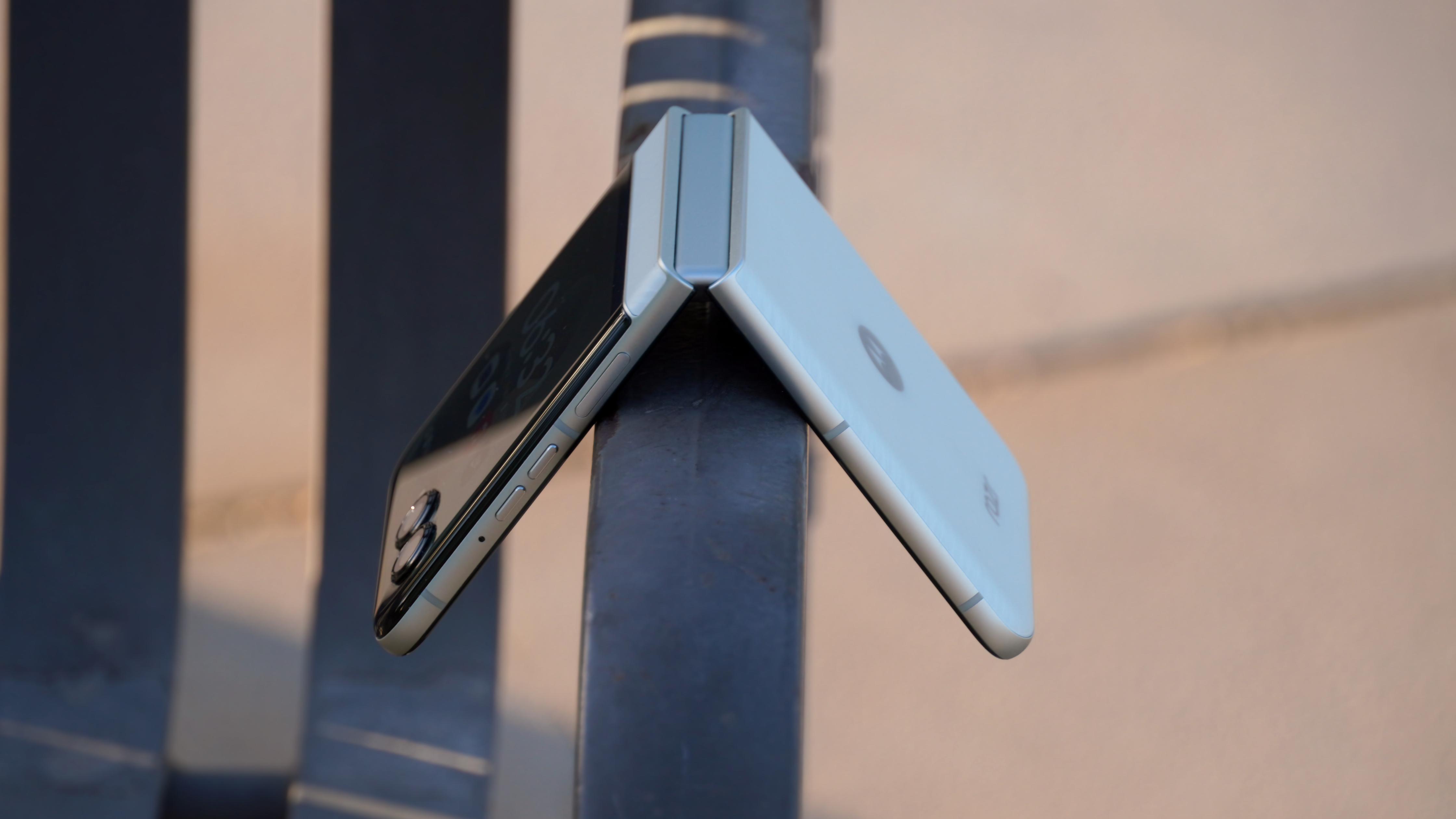LG G6 vs. Pixel XL camera comparison: The top choices today
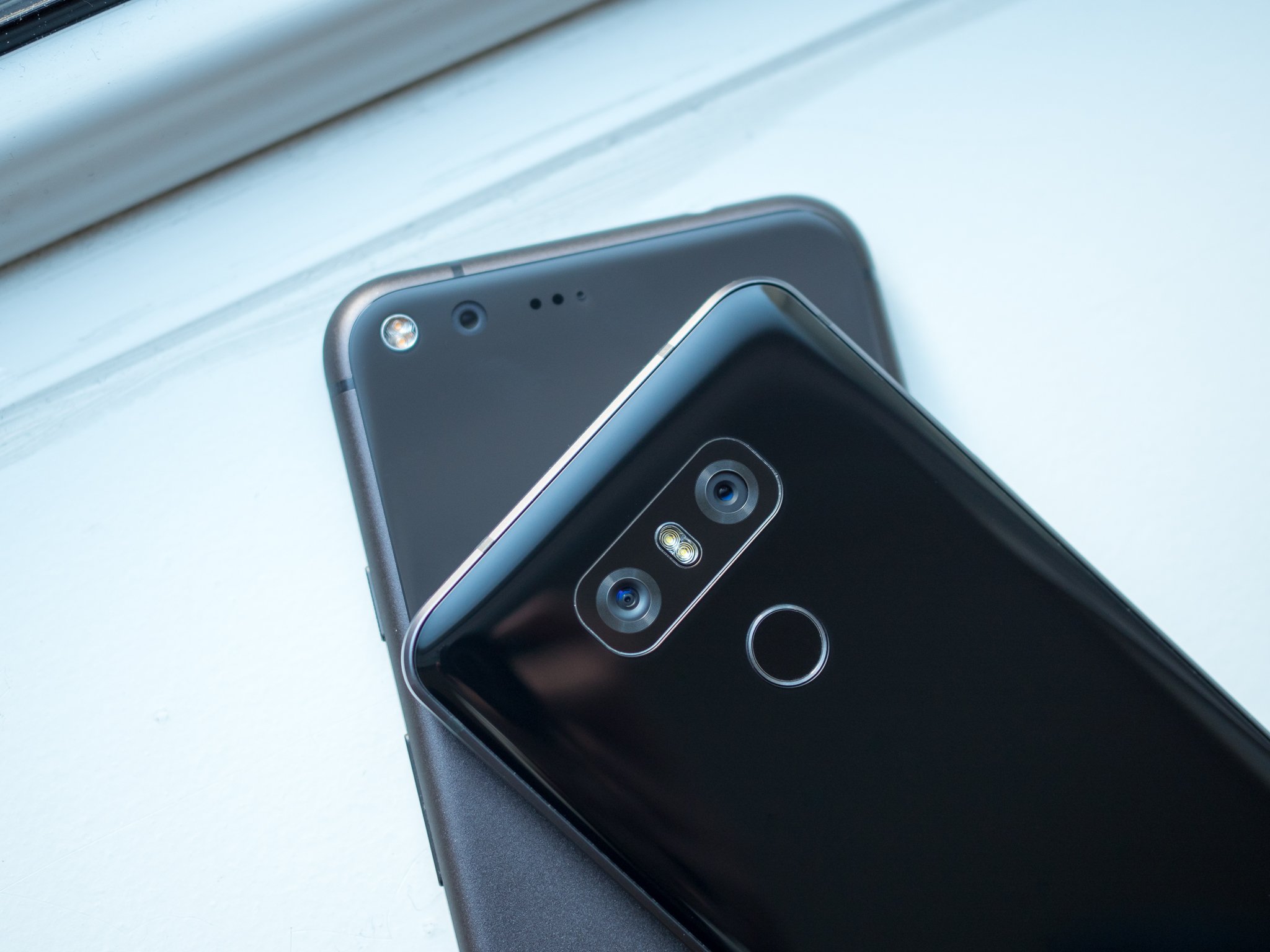
With its dual camera setup and big photography claims, the LG G6 is looking like a very good choice for mobile photographers. It of course doesn't live in a vacuum, though, and there are fantastic cameras out there, like the Google Pixel XL. After comparing their sizes and specs, the next thing to do with these two phones is to see how their cameras work and what the photos look like side by side.
Both the LG G6 and Pixel XL are doing things a bit differently from the status quo. The LG G6, for its part, is using a 13-megapixel camera sensor with surprisingly small 1.12-micron pixels but a traditional combination of a wide f/1.8 aperture and optical image stabilization — and then, of course, there's the wide-angle camera next to it. The Pixel XL eschews image stabilization altogether for a 12MP sensor that has really big 1.55-micron pixels and relies on intense software processing.
To see how the LG G6 and Pixel XL cameras stack up, I took them around for a few days, shooting in full auto mode — including auto HDR — just as most people do, to see how they stack up. Check out the results below.
Performance and interface
LG G6 (left) / Pixel XL (right) — click to view larger
Let's start with the first thing you see when you launch the camera: the viewfinder interface. The Pixel XL's camera is a well-known quantity by this point ... in part because it's so simple. Other than a couple toggles and some shooting modes, there isn't much to do here but press the shutter key or start a video. On the other hand, the LG G6 takes advantage of its 18:9 screen to give you full controls, toggles, and camera roll previews, while preserving a complete 4:3 viewfinder. It still baffles me that there's no quick toggle for HDR, but the interface gives you tons of options — including a full-fledged manual shooting mode — while also preserving the point-and-shoot simplicity most of us want.
The Pixel XL is all about simplicity, while the G6 gives you tons of shooting options.
Performance-wise, both phones get the job done as you'd expect. Even though I have experienced a couple hiccups on the LG G6, I have to take into consideration that what I'm evaluating here isn't final software. At the same time, the Pixel XL has thrown me a few camera crashes over the past 4 months of use. But neither phone offers any sort of inconsistency or unpredictability that makes me lose confidence about popping open the camera — with two presses of power (Pixel XL) or volume down (LG G6) — and quickly taking a shot without issue.
This is as good a time as any to mention the LG G6's secondary wide-angle camera. While it doesn't fit into this particular comparison directly because the Pixel only has one camera, it's worth noting the extra utility (and fun!) the super wide lens on the G6 provides. Not only does it give you more options for a wider range of zooming in photos and video, but it also provides you with a super unique look that you just don't get anywhere else. Now with the same 13MP sensor behind the wide-angle lens as the standard lens, it's even more valuable.
Get the latest news from Android Central, your trusted companion in the world of Android
Camera quality
Well-lit daylight situations are much easier to handle for cameras with small sensors — like those in smartphones — but in 2017 we have high standards for these expensive devices. We still want to see fine detail, punchy colors and good dynamic range.
Low-light shots are considerably tougher to handle with small sensors. This is where the LG G6 runs up against issues with its small pixels, which each take in less light and require more processing — OIS can help, though. The Pixel XL, despite not having OIS, has proven to be exceptional in low light thanks to its HDR+ processing.
See the side-by-side comparisons below to compare how these phones handle each set of situations.
Daylight
LG G6 (left) / Pixel XL (right) — click to view larger
Knowing how consistently great the Pixel XL is in daylight conditions, I was very happy to see the LG G6 go toe-to-toe with Google's phone. Both phones took crisp, pleasing images time after time and used HDR to tastefully enhance photos that needed it rather than blowing them out with over-the-top colors.
It's close, but I have to give the nod to the G6 here.
In general, the new LG G6 tended to take brighter images that were slightly more saturated, as well as better white balanced to be true to life. The Pixel XL by comparison takes dimmer images that are truer to the real life scene and in these comparisons took warmer photos overall. Though you can't notice it at full resolution, when you zoom in on the photos you'll often find the Pixel XL has captured more fine detail and has sharper edges — but again, it really isn't perceptible when viewed at normal sizes.
When looking at the output of each phone independently, you'd be happy with the reproduction of scenes from either one. If I had to give one the nod right now, it'd have to be the LG G6 for outright brightness and color reproduction. It's close, though, as the Pixel XL with its HDR+ processing can handle scenes of mixed light better than any phone I've used and offers incredibly consistent performance from photo to photo no matter what.
Low light
LG G6 (left) / Pixel XL (right) — click to view larger
Going into this comparison I was worried that the LG G6's relatively small 1.12-micron pixels would be a deal-breaker in low light — oh my, was I wrong. Going up against the true champ of low light in the Pixel XL, the LG G6 compared very favorably.
In conditions of consistent dim lighting, strong side lighting, and partial lighting, the LG G6 was as good or better than the Pixel XL with its fine definition and sharp edges. In most instances, the Pixel XL had more blotchy chroma noise and rough edges than the G6, particularly in shots when HDR+ didn't trigger — the LG G6, for what it's worth, never chose to use HDR in dark scenes.
I was shocked to see the LG G6 come out so strongly in low light.
The Pixel XL wins out in shots where there is no direct light source — aka a completely dark room or an unlit street — as HDR+ can basically pick out light from seemingly nowhere and make things look good. The LG G6, by comparison, will just reproduce the darkness similarly to what your eyes see. The only downside to the Pixel XL's approach is that it can sometimes over-brighten dark shots, again creating blotches or soft edges ... but the upside is you actually get something rather than just darkness.
Again, I was shocked to see the LG G6 perform as well as it did — in some cases besting the Pixel XL in sharp line definition in these low-light scenes. I think the Pixel XL still takes it when it comes to getting a bright, usable photo in just about every challenging lighting situation, but the LG G6 on average offers just as good of an experience in dimly lit scenes.
Bottom line: The two kings
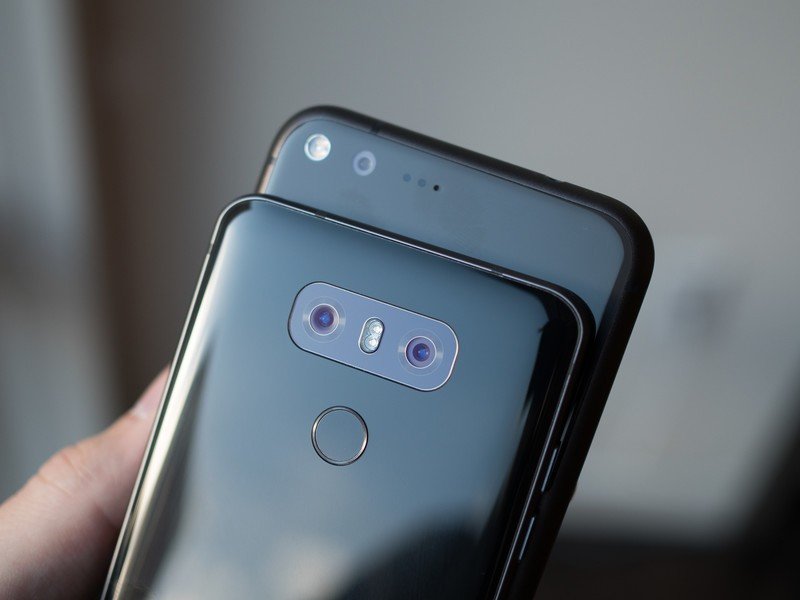
Well would you look at that, we have two fantastic camera choices here. The LG G6, coming in months after the Pixel XL with what some would consider an inferior overall camera setup, manages to take some fantastic photos that push what the Pixel XL can do and even beat it in some situations.
In daylight, the LG G6 takes bright, well-balanced, and colorful photos that make the Pixel XL's more true-to-life shots seem a bit dull by comparison — even though the Pixel XL, for its efforts, offers consistency and better sharpness when you inspect closely. At night, the low light champ Pixel XL now has another phone to sit alongside it at the top of the heap — the LG G6 dramatically outperformed my expectations and overall matched the Pixel XL's performance.
The Pixel XL still takes fantastic photos in just about every situation, and its HDR+ processing (that continues to evolve) is its silver bullet that can, in some scenes, blow your mind with what it captures. The LG G6 on average offers the same image quality, though, along with extensive manual controls for the photography buffs out there and a truly unique wide-angle secondary camera that LG claims nearly half of users prefer.
It's a photographer's dream: Pick either one for its minute strength differences, and you'll be happy.

Andrew was an Executive Editor, U.S. at Android Central between 2012 and 2020.
